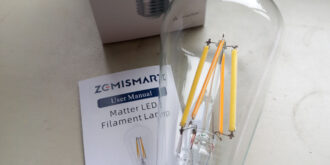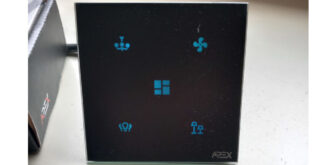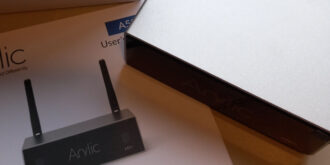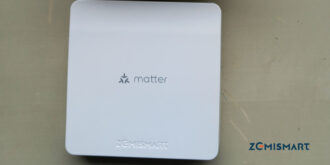Do smart plugs save energy and reduce bills?
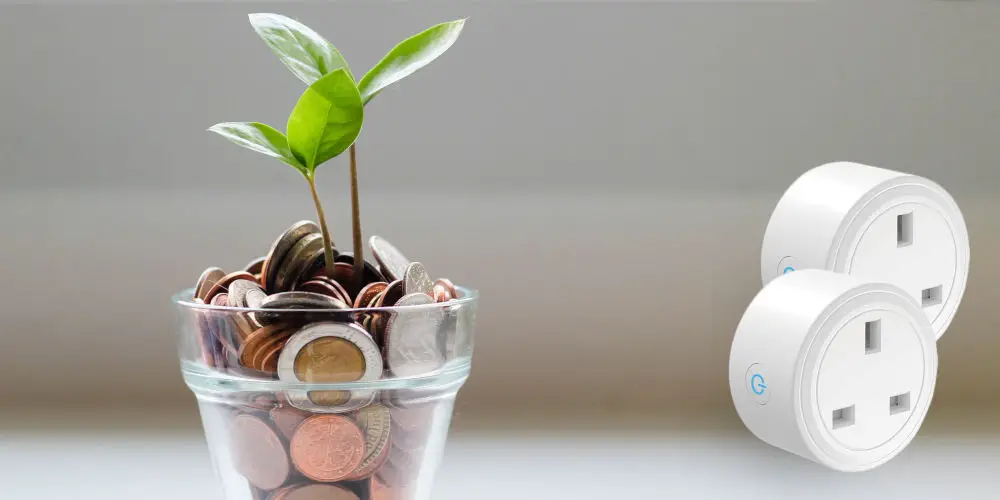
Smart plugs offer multiple benefits over remote control. They’re not just for the lazy! Do smart plugs save energy and reduce bills? Yes! The best smart plugs use an app that will tell you power usage and cost while allowing you to operate the device remotely.
You probably have appliances that use a lot of energy. And while you don’t have to stop using them, it’s worth knowing how much they cost you and doing your best to limit the amount of time you use them. This includes not always having them on.
According to research by Ocean Finance, using smart plugs in your home can save you over £25 per year on your bills. Yes, they do use a tiny amount of electricity to operate. But they help you save on your energy costs overall.
Let’s explore do smart plugs save energy and reduce bills. It’s a question you’ll ask before installing smart plugs in your home.
How do smart plugs work?
These plug-in-and-play devices plug into your normal power sockets. You then plug the device you’d typically connect to the normal outlet into the smart plug. From there, you can control various aspects of your device remotely.
It takes a second to install them and you don’t need to rewire anything. And yet they offer several benefits. Their most basic function is being able to turn devices connected to it on and off using an app. You could be in another country and still operate the device.
Some have built-in energy monitors that will display how much electricity the connected devices are using and can also tell you the running cost.
By pairing your smart plug with a smart home platform such as Alexa, Google Home or Z-Wave, you can access even more functionality. You can programme scenes, create automations, and control multiple devices at the touch of a button.
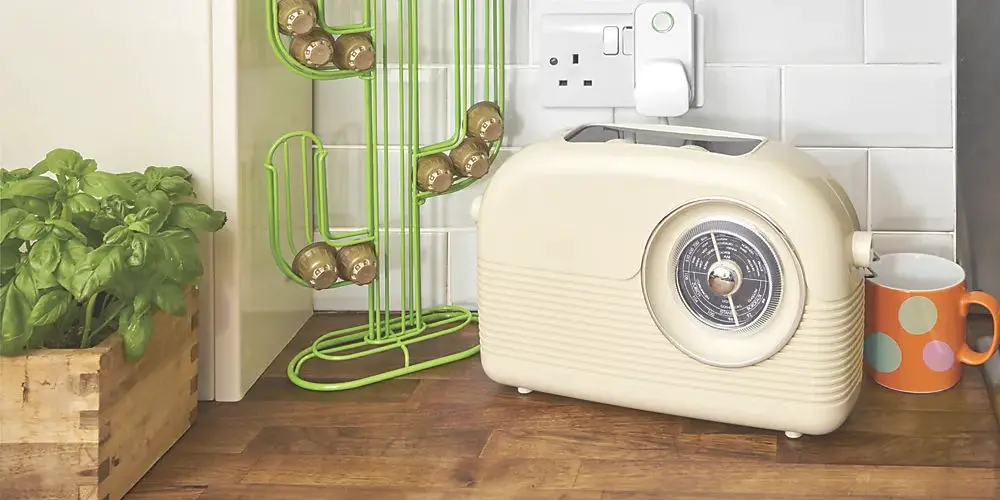
Do smart plugs use lots of electricity?
As an electronic device, a smart plug does consume electricity. That said, the amount of electricity a smart plug uses is minuscule since it has no moving parts or components that require cooling.
Smart plugs will use approximately 1 to 2-Watts of power. Energy consumption in your home displayed on your energy bill is expressed in kWh (kilowatt-hours). A kilowatt is 1000 Watts. So, your smart plug consumes about 8.76 kWh of electricity throughout the year.
Considering that by using smart plugs in your home, you can save up to 100 times this amount of electricity, it’s a tiny price to pay for the significant potential savings on your household energy bill.
Do smart plugs save energy?
As with any other electrical device, a smart plug uses power. However tiny this amount is, the real savings come from the devices that are plugged into the smart plug.
Research from the US-based National Renewable Energy Laboratory (pdf) reports that using smart plugs in your home can save between 1% and 4.58% of energy usage. This equates to about 500-1000 Kilowatts every year.
Smart plugs can turn off devices that you’d typically leave on standby. Even on standby, these devices still draw power, which increases your bills.
While having one device on standby will hardly add much to your energy bill, the average home can have up to 40 appliances plugged in. Combined, these add up to a lot of unnecessary energy usage, which you end up paying for.
But the benefits are more than turning off devices when not in use. As you can remotely control devices, you can switch them on for the exact amount of time you need them. So, you only using energy for a specified period and are in full control.
Imagine going to work and leaving the TV and a light on. You’d be spending money without realising. However, with smart plugs, you can easily turn these devices off and save money.
Smart plugs, not only offer benefits for home automation and management but also make your home more energy-efficient, saving you money.
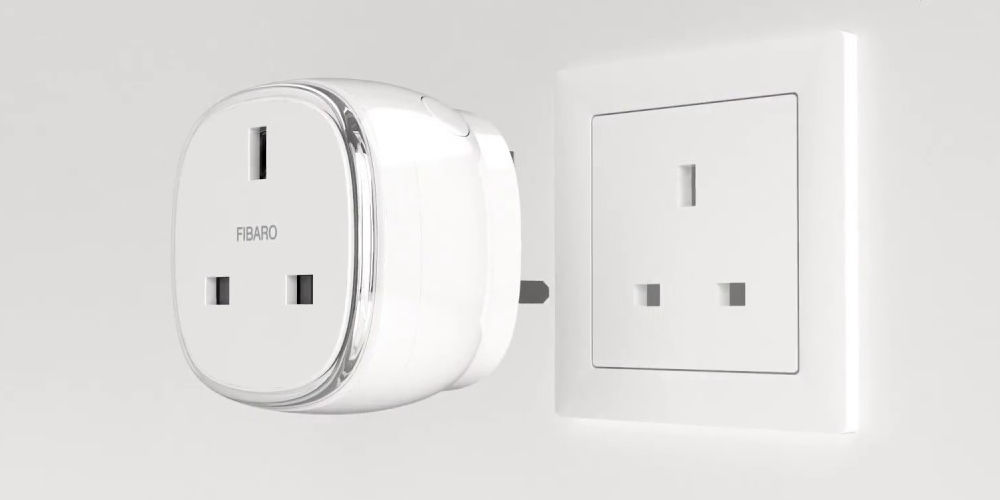
photo by Fibaro
Who makes the best smart plugs?
There are a load of smart plugs on the market, including several Z-Wave options. Start with our piece on the best Z-Wave plugs, which covers some essential options, including the Fibaro Wall Plug.
TP-Link is a well-known brand that offers a range of smart plugs, such as the KP105 Kasa Smart Wi-Fi Plug. You can use the KP105 with the TP-Link app, Alexa, and Google Assistant to control a range of devices. Using the app, you can create schedules.
meross offers packs of smart plugs (either 2 or 4), controllable using an app and Alexa or Google Home Assistant. You can even create scenes and routines.
Amazon even offers their own smart plug that works with Alexa to add voice control to any electrical socket. With no smart home hub required, simply plug in the device, open the Alexa app and start using your voice. You can even set up routines and schedules through the Alexa app.
What should I use smart plugs for?
You can use smart plugs for any device you’d plug into an electrical outlet. The appliances where you would see the most benefit in using a smart plug are the ones that draw lots of power when in standby mode.
Appliances that fall into this category typically have a light or LED that is still illuminated, even though the unit has been turned off. These include the following.
- TVs
- Gaming consoles
- Coffee makers
- Electric toothbrushes
- Garage door openers
- Musical instruments.
Any of these appliances are a great place to start implementing smart plugs. You’ll be able to reduce energy consumption straight away.
If you have space heaters or electric blankets, it’s also worth installing smart plugs on these devices as they use a lot of energy. Plus, you’ll have a greater level of control over the energy usage in your home.

Saving real cash using smart plugs
You can save energy by using smart plugs in your home. The savings will pay for the devices within 2 years. Smart plugs are only getting better as technology improves, meaning they will continue offering more energy-saving features in the future.
As a starting point to tame your high energy bills, smart plugs are a great first step. Not only do they give you more control over devices, but many allow you to monitor energy usage.
So, do smart plugs save energy and reduce your household bill? Yes, they do!

